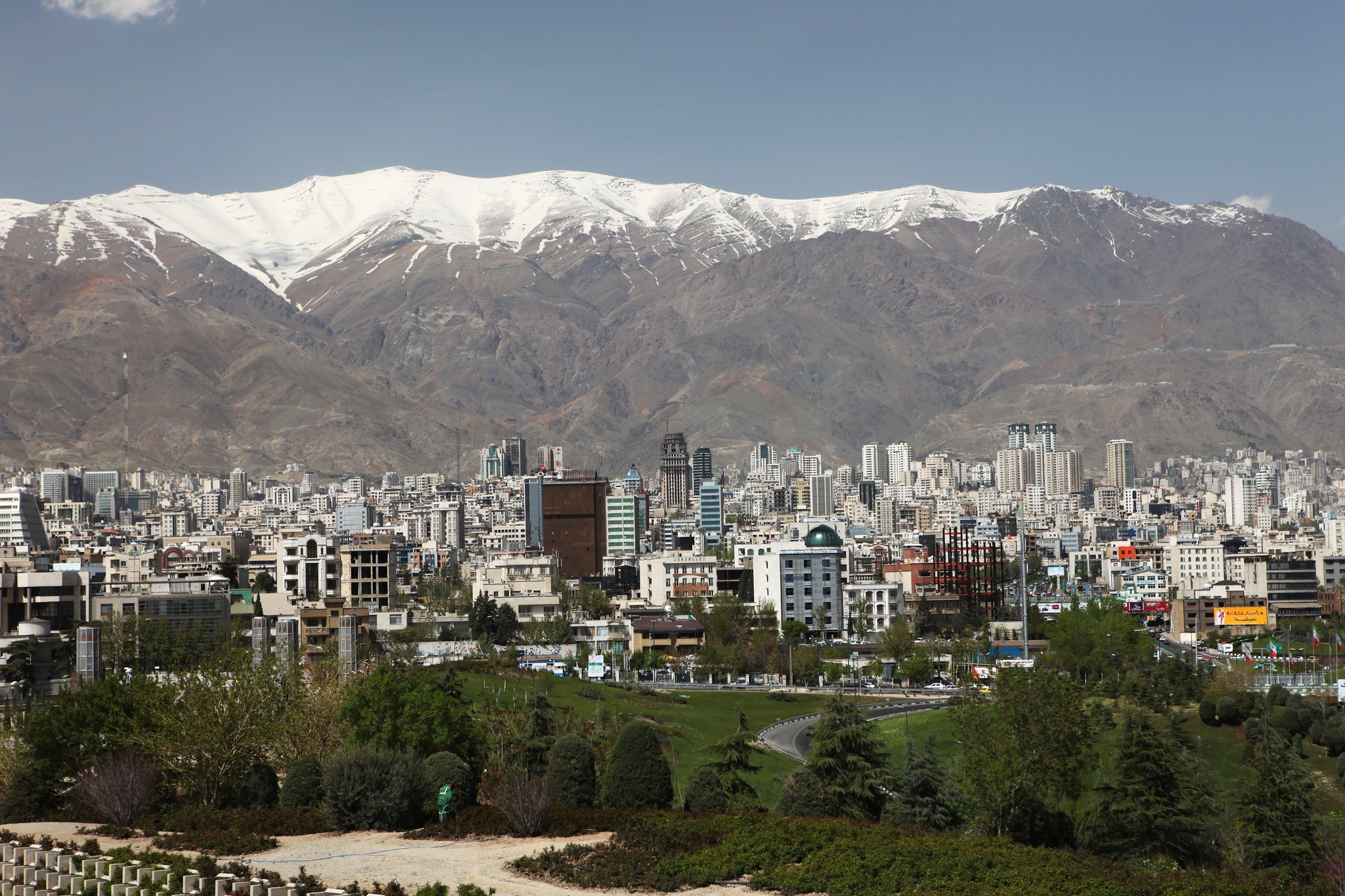In the wake of yesterday’s air tragedy in Iran that took the lives of at least 63 Canadians — nearly half of them from Edmonton, and many others bound for Canada — all Canadians want and deserve answers to what caused Ukraine International Airlines Flight PS 752 to crash.
Likewise, it is reasonable for Canadians to want their government to make a positive contribution to helping to end the crisis that had brought Iran and the United States to the brink of war at the moment the doomed aircraft was taking off from Tehran’s international airport.
Both of these things are made far more difficult by the 2012 decision of former Conservative prime minister Stephen Harper, motivated by domestic politics, to close Canada’s embassy in the Iranian capital and expel Iran’s diplomats from Canada.
“Iran is among the world’s worst violators of human rights,” the Harper government’s foreign affairs minister, John Baird, said at the time to justify the embassy closing and the decision to declare Iran’s diplomats in Canada persona non grata. “It shelters and materially supports terrorist groups.”
So did the Iranian leadership’s theological and regional rivals in Saudi Arabia, as was well understood at the time. But the Harper government had little to say about that. Canada had a lively trade relationship with Saudi Arabia to protect that included sales of a couple of billion dollars in armoured vehicles we arguably never should have sold in the first place given that country’s similarly appalling human rights record.
Closing the Canadian Embassy in Iran was obviously dangerous because it’s unwise to stop talking to foreign governments just because you disagree with their policies. All through the Cold War, Canada and other Western nations maintained embassies in Moscow for that reason.
The decision to sever diplomatic relations with Iran was also misguided, because it wasn’t done for sound reasons but to influence domestic politics and please other countries that don’t necessarily have Canadians’ interests at heart.
Ken Taylor, the late Canadian ambassador in Tehran during the 1979 Islamic revolution who helped smuggle American embassy staff out of the country, diplomatically expressed his disapproval of the Harper government’s decision at the time, suggesting that when everything else fails, diplomats on the ground in a foreign capital can still gather intelligence for their country, not to mention help their citizens who get in trouble there.
“As a diplomat, I think you never give up,” Taylor observed to the CBC in 2012.
“Whether or not this is the best means to send a message is of course up to the government’s cabinet,” he said with great diplomacy. “It’s more than just a practical or technical severance of the relationship.”
Taylor died in 2015.
Harper’s error has never been corrected in part because the Conservatives prepared the political ground in Canada to score points if anyone dared to try, and partly because their Liberal successors have lacked the courage to take the bull by the horns. Our diplomatic interests in Iran are now in the hands of the Italian Embassy.
Justin Trudeau’s government let a symbolic opportunity to fix this mistake slip by last year when the Saudis sent Canada’s ambassador packing because they disapproved of critical tweets by then foreign affairs minister Chrystia Freeland.
Now that the world’s peace is threatened by events in the Persian Gulf and Canadians who lost loved ones in the tragic air crash deserve answers, there is very little Canada can do about it. Our influence has essentially been reduced to zero.
This is a small tragedy that compounds a very great one.
David Climenhaga, author of the Alberta Diary blog, is a journalist, author, journalism teacher, poet and trade union communicator who has worked in senior writing and editing positions at The Globe and Mail and the Calgary Herald. This post also appears on David Climenhaga’s blog, AlbertaPolitics.ca.
Image: Flickr/Ninara




